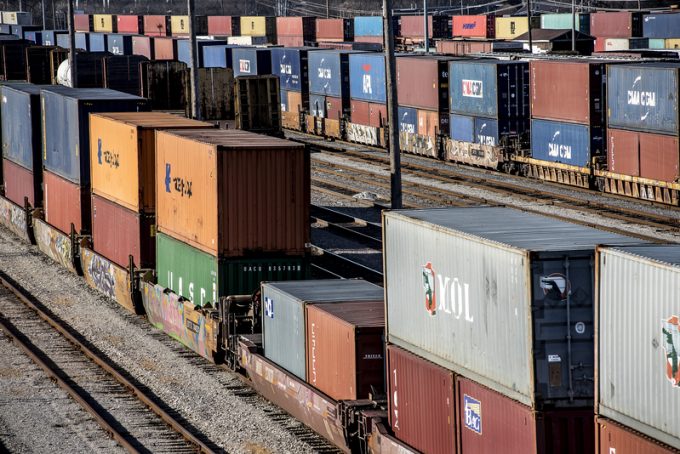FMC issues request for additional information regarding Gemini agreement
PRESS RELEASE July 12, 2024 A global operational alliance between two of the world’s largest container shipping ...

The US Federal Maritime Commission (FMC) is renewing its focus on container availability levels for the country’s agricultural exporters.
Speaking yesterday at the Global Maritime Conference, FMC chairman Michael Khouri said the organisation was looking into whether reports that some carriers are refusing to allow empty containers into the US hinterland, preferring to send them directly back to Asia.
“Some ocean carriers – not all – have stated that they will no longer deploy – that is – reposition empty containers to ...
'Disastrous' DSV-Schenker merger would 'disrupt European haulage market'
New senior management for DSV as it readies for DB Schenker takeover
Volumes set to 'fall off a cliff' as US firms hit the brakes on sourcing and bookings
Amazon pushes into LTL for small package fulfilment and UPS does a u-turn
Asian exporters scramble for ships and boxes to beat 90-day tariff pause
Temporary tariff relief brings on early transpacific peak season
'Tariff madness' will prompt renegotiation of ocean shipping contracts
Pre-tariff rush of goods from US to China sees air rates soar, but not for long

Comment on this article